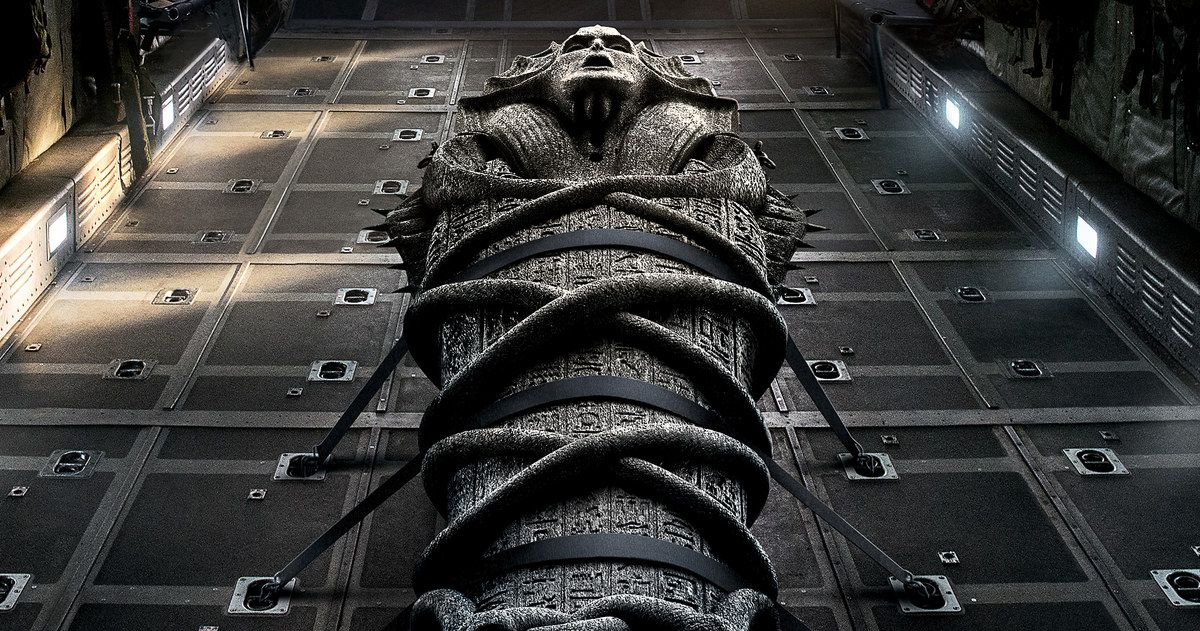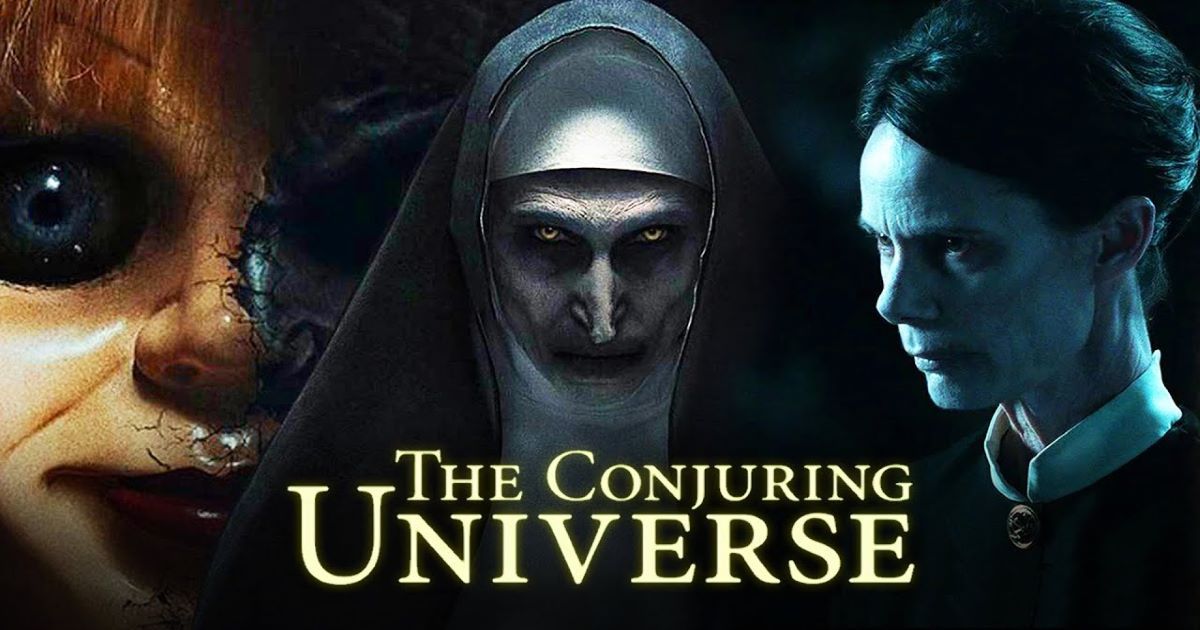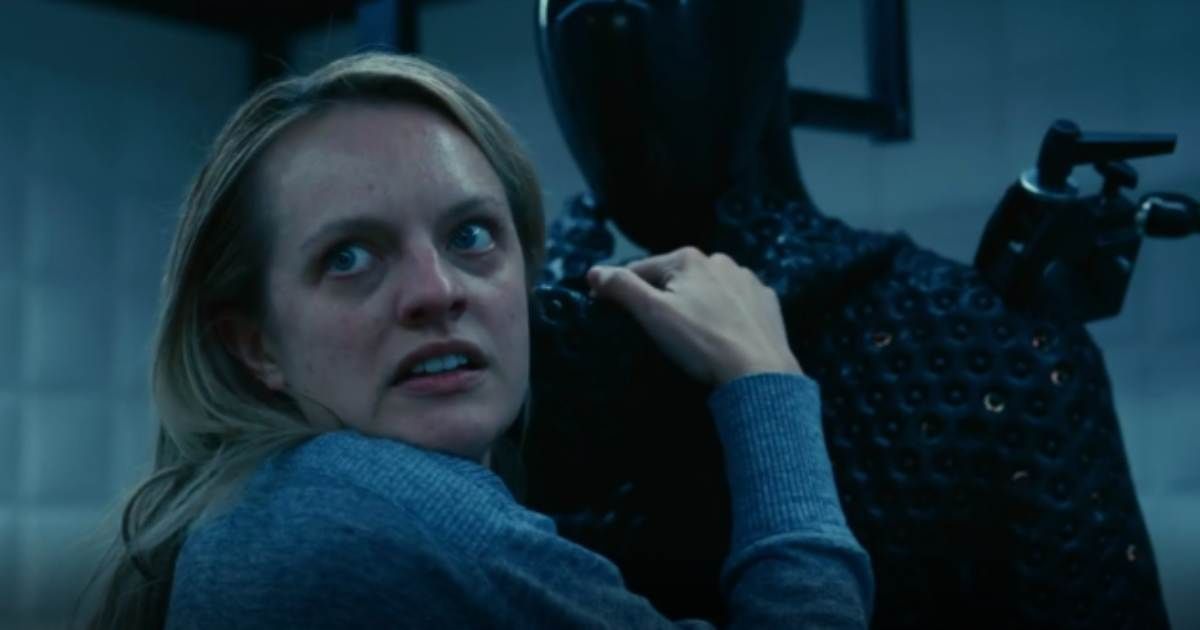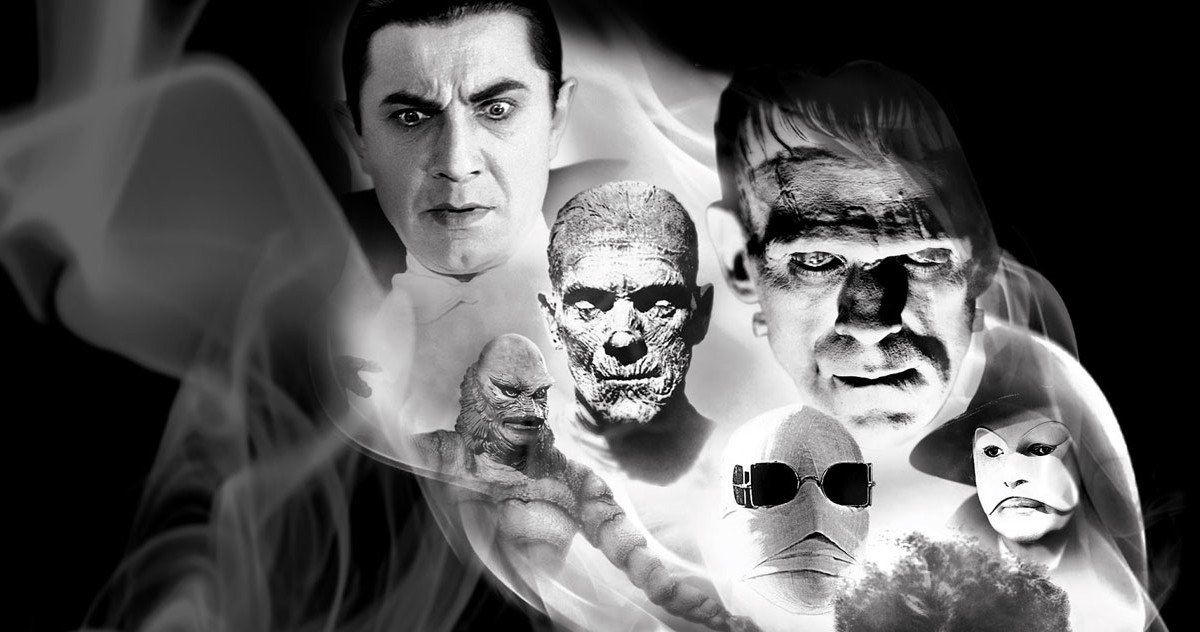Universal’s Dark Universe is one of the most notorious failures of a franchise in the 21st century. The idea was essentially to recreate the success of the Marvel Cinematic Universe by utilizing the back catalog of popular monstrous characters that Universal is so well-known for. The franchise was meant to kick off with 2017’s The Mummy, starring Tom Cruise, and an illustrious slate of other films were lined up to join the franchise shortly thereafter. This would’ve included Johnny Depp’s Invisible Man, Javier Bardem’s Frankenstein, and Russell Crowe’s Dr. Jekyll and Mr. Hyde (which was already introduced in The Mummy).
What happened instead was a disaster. Despite being one of the biggest opening weekends for a Tom Cruise feature at the time, the film failed to make a profit in spite of its $400 million in earnings. The plot took neither influence from the original nor its more recent Brendan Fraser remake, relying on action scenes and CGI over atmospheric horror and camp. In the end, it became a classic case of over-bloated hubris that placed the cart miles ahead of the horse. Following this disastrous start, the colossal underperformance and critical panning of 2017’s The Mummy led the Dark Universe to crumble shortly thereafter.
While the Dark Universe has become the go-to example of a failed cinematic universe in the making, the franchise’s collapse might’ve been the best thing to happen to the Universal Monsters. Before the Dark Universe, this vaguely connected franchise of classic monster movies, most of which are based on pre-existing novels and stories, had consistently been one of Universal’s staple franchises since the 1930s. Had they continued ahead with the Dark Universe, the overall brand could have been tainted, potentially beyond repair. Here’s why canceling the Dark Universe was the best decision Universal could have made for their classic monsters.
Update October 12, 2023: This article has been updated by Amanda Minchin in honor of Halloween to look back at the failed Dark Universe.
The Unreliable Cinematic Universe Model
There is no arguing that the success the MCU has had with the cinematic universe model has been nothing short of monumental, becoming one of the most extensive, sustaining, and financially successful franchises in the history of filmmaking. Despite a dip in quality in recent years, it is still consistently pulling in some of the biggest box office hauls in Hollywood.
Outside of this, however, recent films have proven time and time again that it’s near impossible to expect to recreate that kind of success with the same formulaic approach (the phrase putting a square peg in a round hole comes to mind). Many recent attempts from other studios to build cinematic universes have crashed and burned, from King Arthur: Legend of the Sword to The Dark Tower and even 2017’s Power Rangers. None of these managed to come to fruition beyond their introductory films.
And then there are the failures that just won’t quit. The biggest example of this is the DC Extended Universe (DCEU), which began with the release of Man of Steel and was arguably boosted by the popularity of Wonder Woman four years later. Of the dozen or so films to come out of the DCEU there have been far more failures than successes. That’s because the base that they were built on was far too unstable to last. The franchise seemingly collapsed in on itself with the utter box office disappointment of Justice League, which was meant to be their biggest blockbuster yet.
Perhaps what’s worse is they just kept on chugging, releasing a lineup that includes Aquaman, Birds of Prey, The Suicide Squad, both Shazam!‘s, Peacemaker, Black Adam, The Flash, Blue Beetle, and Wonder Woman 1984, respectively. To be fair, many of these were, at least, better. While the DCEU has never quite recovered from its failures, it’s entirely possible that a reboot and reset of the brand is imminent with the hiring of James Gunn and Peter Safran. Perhaps 16 times will be a charm. In the meantime, DC essentially wasted a decade trying to build their failed DCEU.
The Dark Universe was similar to the DCEU in that it employed far too many talking heads from the start. While the use of a collaborative nature is commendable, it often leads to discord in practice.
Said Eric Heisserer, who was working on a Van Helsing reboot at the time, “There was certainly a big brain trust of writers around the table. You had a lot of voices, and none of them could agree on much. Much like when I’d visit my relatives for Thanksgiving and everyone’s arguing with each other…”
Assuming The Mummy would work from the start led to the inevitable downfall of the universe. Since so much of the Dark Universe was established in that one film, the films that would have followed would have had to exist within these similar boundaries. The lack of freedom to be creative would have let the universe go stale.
What Makes A Successful Movie Universe
With all these failures at the head, it’s hard to imagine how any future film franchise might ever succeed. The good news is that they both can and do. Despite the failure of the DCEU and so many others, there have been a few franchises aside from Marvel that have managed to find success with the cinematic universe model. These include The Conjuring Universe and the MonsterVerse of Godzilla and King Kong.
What has made these franchises succeed is their willingness to take very different approaches to the idea of a cinematic universe. The Conjuring films, for example, are significantly cheaper to make, can change their focus within the universe, and are able to rely on a loosely interwoven story. Meanwhile, the MonsterVerse franchise has built itself slowly and gradually, almost allowing the audience to forget it’s even a cinematic universe to begin with. Neither is remotely as extensive as the MCU and frankly, they make good use of that. There’s even hope for former failed franchises like Wolverine, whose stand-alone film Logan, featuring an aged version of the title character, was a wild success.
This all goes to prove that one of the main reasons The Mummy failed was because it tried too hard to copy Marvel’s success. Instead of a classic reboot of its own merit, The Mummy felt like a generic action/superhero movie with some horror elements thrown in. There was nothing in the film to set itself apart from the competition. Even if The Mummy had been a success, charging forward with all of these interconnected films would likely have hurt the overall brand of Universal Monsters. They would have wasted time and money developing films that were only aspiring to copy something else.
The Success of Standalone Outings
The of the Universal Monsters, however, is far from dead. Without the confines of a cinematic universe, the films produced under the Universal Monsters umbrella are now free to explore different stories, tones and approaches to the brand without being constrained by the boundaries of the Dark Universe. There’s no continuity to follow, which leaves the hands of the individual creative teams largely unbound. While this may be the perfect excuse for the franchise to forever lay dormant, so far it has led to more unique, quality films.
Since the fall of the Dark Universe in 2017, there have only been three Universal Monster films. One got off the ground while the other two did not. The first was 2020’s The Invisible Man, which was a refreshing and exciting reinvention of the brand that embraced the social consciousness and intellectual horror of films like Get Out. The result was a movie that deserves to be considered one of the best horror outings of the 2020s so far.
The other two were reimaginings of Dracula. The first was Renfield in 2023. This film is a comedic take on Dracula and his assistant, Renfield, and stars Nicolas Cage as the iconic monster and Nicholas Hoult as the miserable assistant. The casting of Cage and the involvement of LEGO Batman director Chris McKay made Renfield one of the most hotly anticipated films of 2023, but the film sadly failed to connect with audiences.
The third was The Last Voyage of the Demeter, which was another Dracula film released in 2023. It goes for a darker, more historical take on the Dracula material and zeroes in on one aspect of the classic story. It also was a box office disappointment, but it seemed to do better from genre fans and even got support from Guillermo del Toro and Stephen King.
There’s no way that these three films would have come to fruition if Universal had still been set on expanding its Dark Universe. Because they do not need to concern themselves with an overall universe, they are also unique takes on the material from their respective filmmakers that would not mesh together. Universal is instead embracing unique interpretations of their classic characters instead of a shared universe approach.
What’s Next for the Universal Monsters?
With films like these, Universal have begun utilizing their monsters in much more interesting ways that allow them to explore new creative directions and embrace different filmmaker’s voices. Had they stuck to the original plan, fans would have been treated to a Depp-starring Invisible Man, and Renfield would likely have never been greenlit at all.
The good news is they’re not dead yet. For example, the involvement of Blumhouse in The Invisible Man led to outstanding results, which is promising for Blumhouse’s upcoming adaptation of The Wolf Man starring Ryan Gosling. And they’re not the only ones. Kathryn Newton, Angus Cloud, and Will Catlett have all joined the cast of an upcoming monster movie set to be released in April 2024. Other slated films include a Sci-Fi Western take on Dracula by Nomadland‘s Chloé Zhao, Paul Feig’s Dark Army, Toy Story 4 director Josh Cooley’s Little Monsters, a new Van Helsing movie from Julius Avery, a new Channing Tatum gem, and a Monster Mash musical film.
None of these are a part of some dark and mysterious universe at this time. They’re just different takes on stand-alone classics, with a possible Easter Egg or two thrown in for good measure. Doing it this way is bound to highlight each of these characters in all their glory. If the Dark Universe had continued, it would have always lived in the shadow of the MCU. By starting from scratch and embracing standalone stories, Universal has not set to walking its own path.
This story originally appeared on Movieweb




